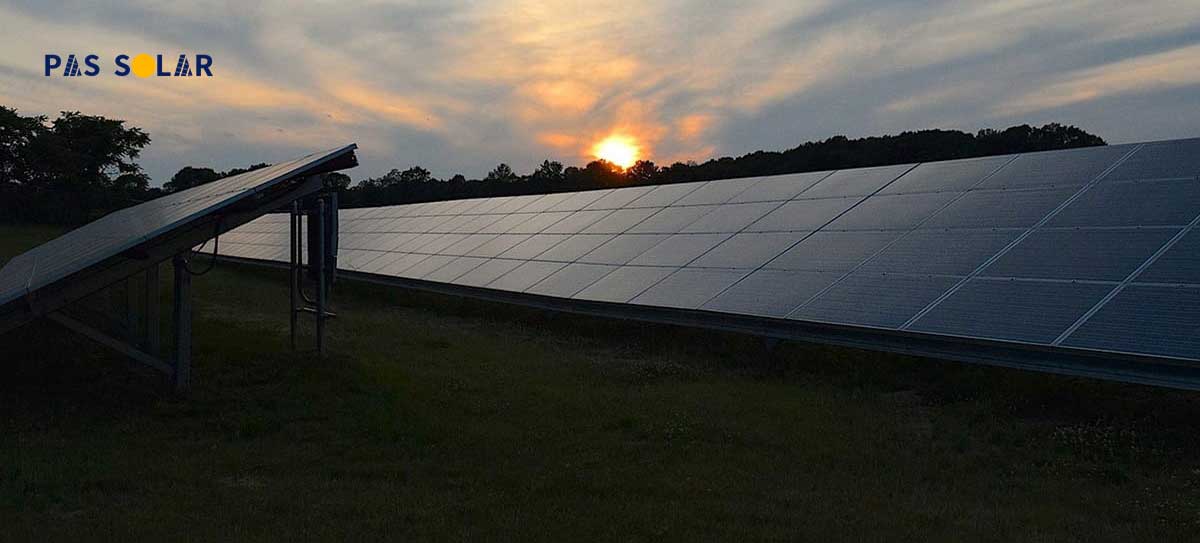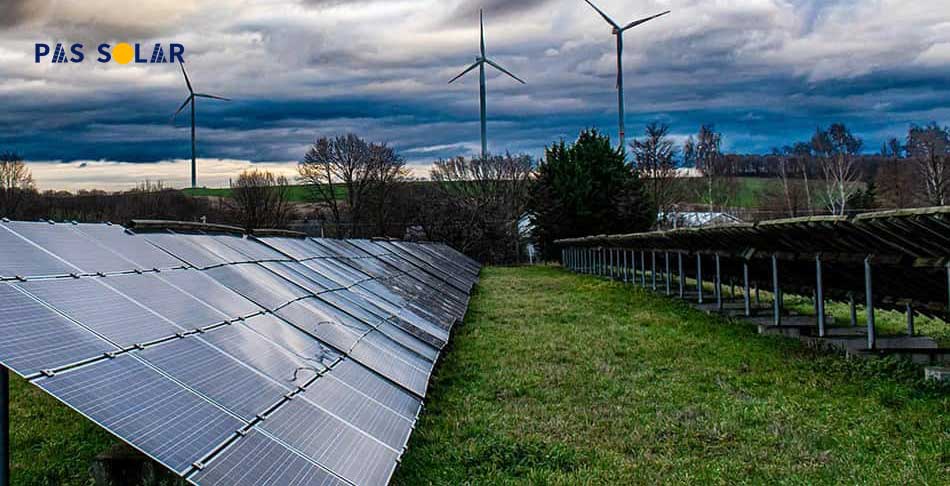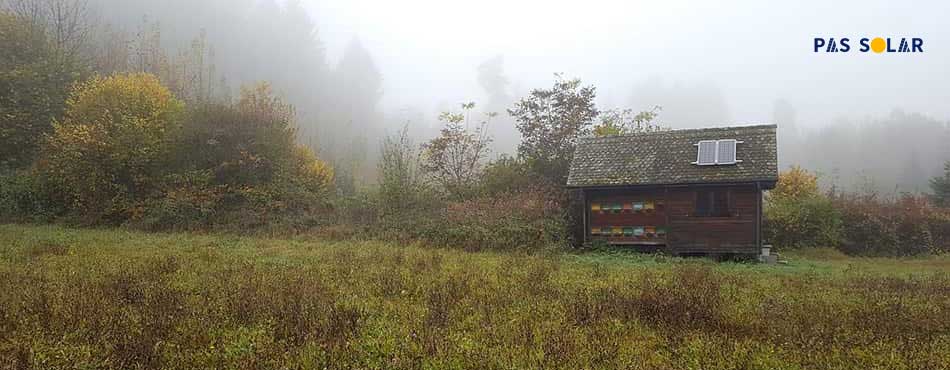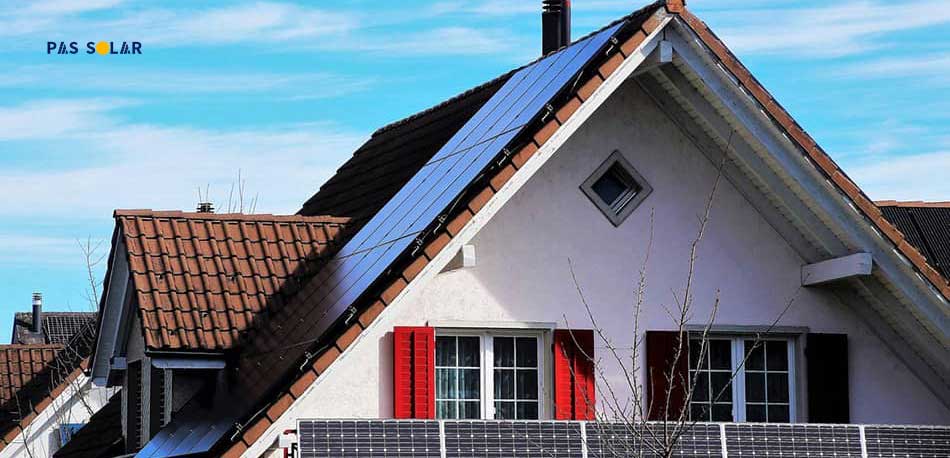Solar panels are excellent renewable energy solutions. However, if you are thinking of investing in a solar panel for your property, you may be wondering about the solar panel output on cloudy days. Also, check out solar panel companies in UAE.
Solar panel systems provide maximum efficiency on cool, sunny days when they can receive plenty of sunlight without excessive heat or humidity. Other weather conditions, such as cloud cover and snow, can reduce the amount of power an array provides. Backup generators serve as additional power sources to make up for the lowered solar panel performance on cloudy days.
The Best Temperature For The Efficiency Of The Solar Panel
Do solar panels work better in the cold? The answer is yes. Contrary to popular belief, solar panels absorb energy from sunlight, not its heat.
Sunlight comprises solar energy particles called photons. Solar panels contain PV cells that receive photons and transform sunlight into electricity. When the photon particles come into contact with the solar panel’s photovoltaic cells, the electrons create an electrical current that travels to an electrical distribution box and supplies power to homes and other buildings.
That’s why solar panel output on cloudy days is lowered. Temperature does not affect the amount of power a solar panel receives, but it does affect the amount of power that power will produce.
As solar panels receive more heat, they produce less energy from sunlight. Electrons are normally at rest, meaning they carry little energy. Sunlight activates them and stimulates greater energy production. The power output of a solar panel depends on the difference between an electron’s resting state and its high-energy phase activated by sunlight.
The heat also activates the electrons and puts them into a high-energy state. The heated electrons will have high rest energy, which reduces the difference between their rest and energized states, producing less energy. Low temperatures keep electrons in low-energy states while they are inactive, increasing the power they generate when activated by sunlight. This is why solar panels, like the Longi solar panels UAE, work best in cold climates.
Do Solar Panels Work In Cloudy Or Rainy Weather?
If you’re asking, “do solar panels generate electricity on cloudy days?” The answer is yes, solar panels can work on cloudy and rainy days, but solar energy on cloudy days is not as reliable as it usually is. The panels’ efficiency depends on the amount of cloud coverage.
Anything that blocks sunlight from solar panels can reduce their energy output, including clouds, fog, and shade from trees. However, solar panels can still absorb sunlight on cloudy days. Solar energy production on cloudy days depends on the thickness of the cloud cover but, typically, the solar panel output on cloudy days is lower.
Also to gather information about solar panel cables for sale in UAE you can visit our website.
Partly Cloudy Days
Can solar panels collect energy on cloudy days? Yes, but the solar power generation on cloudy days is not the same as sunny days. The solar panel efficiency on cloudy day is lowered and the solar energy production on cloudy days is typically reduced to 10-25% of its typical power capacity. This percentage may vary depending on the efficiency of the solar panel and the degree of cloud coverage.
Solar panel output on cloudy days can also be intensified for brief moments on cloudy days due to the “cloud edge” effect, which occurs when cumulus clouds pass by the sun and their edges magnify sunlight, causing rays of sunlight to be more powerful to reach the surfaces of the solar panels.
Clougy Days
So, will solar power work on cloudy days? Solar panels can generate power on cloudy days, but usually not on overcast days. If a cloudy day occurs, you can determine if your system is producing power by checking for shadows outside. Chances are your system is generating power to some degree if you can see objects that cast shadows, but the solar panel output on cloudy days is less than usual.
The absence of shadows indicates that the cloud cover is too thick for sunlight to reach the solar panels. Generally, solar panels on cloudy days should not be your first option for powering your home.
Can Solar Panels Work In Rain And Snow?
Solar panels can still work in the rain, but their power output depends on cloud cover. Heavy rain clouds are likely to hamper the solar panel efficiency on a cloudy day, but rain provides a safe and easy way to clean solar panels. Your solar power system may store less energy when it rains, but it will clean the panel surfaces and free you from this maintenance task.
Effect Of Wind On Solar Panels
Heat reduces the energy that solar panels can produce from sunlight. However, wind can help increase the power output of solar panels by keeping them cool and reducing humidity. The wind cools the solar panels in the same way that it cools us on a hot day. If the wind is not accompanied by clouds, it would be great, because the solar panel output on cloudy days is lower than on a typical sunny day.
In this article, we tried to explain to you how solar panels work on cloudy days. In short, the solar panel output on cloudy days is lower than on sunny days. But, if there are any unanswered questions left for you, don’t hesitate to contact Pas Solar. We are a certified solar equipment shop in Dubai, and we’re ready to help you with your residential or business solar projects.






